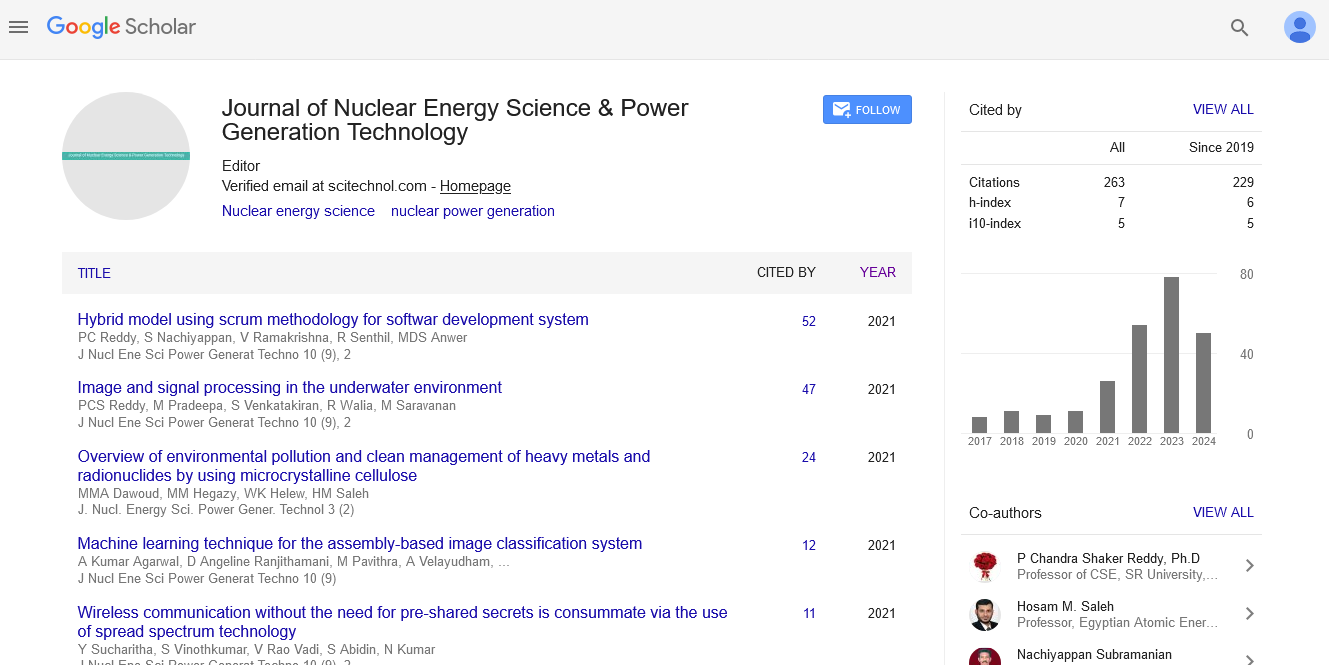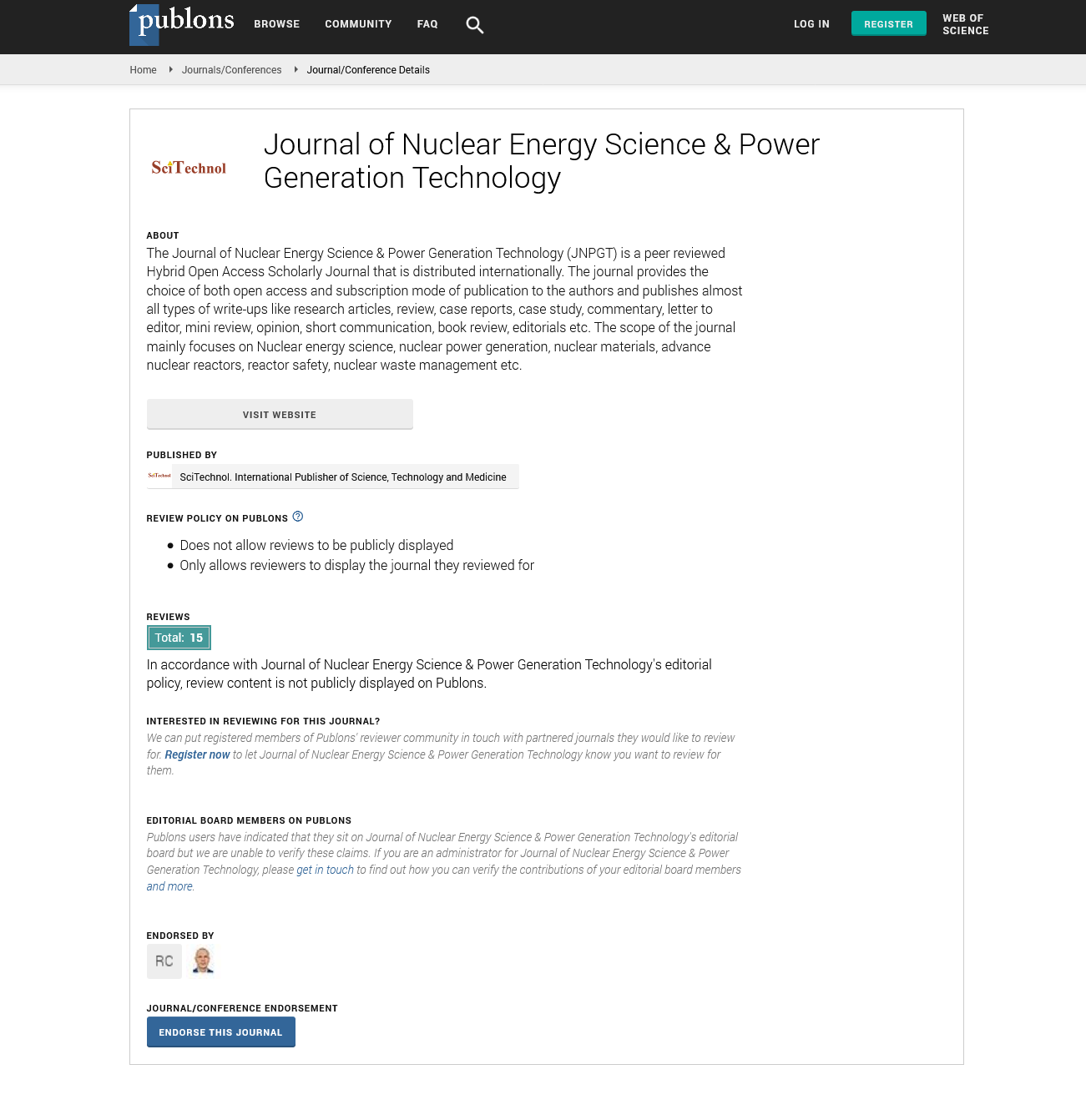A biologically inspired paradigm for hierarchical cyber-physical smart grid modeling and control
Jin Wei Kocsis
The University of Akron, USA
: J Nucl Ene Sci Power Generat Technol
Abstract
It is well known that information will play an important role in enhancing emerging smart grid system operation. Questions therefore naturally arise as to when the increased data-dependence may be considered excessive. Two practical considerations emerge: 1) communications and computational overhead, in which redundant and irrelevant information acquisition and use results in heavy computational burden with limited performance return, and 2) increasing risks of power system disruption due to information delay from communication congestion or cyber attack. One strategy to improve smart grid resilience is to determine the appropriate degree of dependence on cyber information to balance performance with overhead and risk. In this paper, we present a hierarchical cyberphysical multi-agent model of smart grid system operation based on flocking theory in the context of the transient stability problem. Through this model, we study strategies that harness a selective degree of cyber technology by leveraging physical couplings. Our formulation enables the identification of large-scale distributed control strategies for robust and resilient power grid operation. We demonstrate the potential performance improvements of our findings on the New England 39-bus power system for case studies involving a variety of system faults and communication delays.
Biography
Email: jwei1@uakron.edu
 Spanish
Spanish  Chinese
Chinese  Russian
Russian  German
German  French
French  Japanese
Japanese  Portuguese
Portuguese  Hindi
Hindi 

